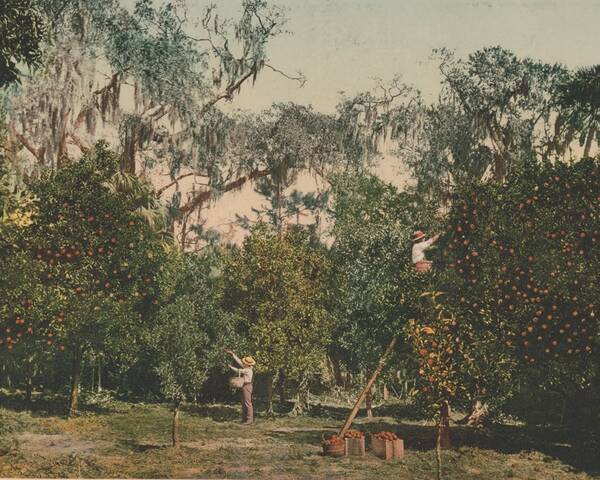You are now entering the Jewish Currents archive.
April 23: George Steiner
 Novelist, critic, and Renaissance man Francis George Steiner, author of the controversial novella The Portage to San Cristobal of A.H. (1981), was born in Paris on this date in 1929. His parents were Viennese Jews who moved to France as soon as Nazism showed its face as a rising movement in Germany and Austria, then to the U.S. in 1940; Steiner was one of only two Jewish children in his elementary school class to survive the war. (“Trees have roots and I have legs,” Steiner later said. “I owe my life to that.”) He received his master’s degree from Harvard and his Ph.D from Oxford, then spent two years as a scholar at the Institute for Advanced Studies at Princeton. He soon became a regular contributor to the Guardian and the New Yorker. His books include In Bluebeard’s Castle (1971), about European anti-Semitism; After Babel (1975), about the challenges of translation, which was adapted for television in 1977 as The Tongues of Men; four short-story collections; works of literary criticism and wide-ranging cultural commentary; and the above-mentioned novella, which imagines Adolf Hitler’s capture in Argentina at the age of 90 and offers up a monologue by the Nazi dictator that enunciates the essences of anti-Jewish thought with frightening clarity. Steiner lives in Cambridge, England. He is the recipient of numerous literary, academic, and civic awards. To see him speaking about the humanities and humanness, look below.
Novelist, critic, and Renaissance man Francis George Steiner, author of the controversial novella The Portage to San Cristobal of A.H. (1981), was born in Paris on this date in 1929. His parents were Viennese Jews who moved to France as soon as Nazism showed its face as a rising movement in Germany and Austria, then to the U.S. in 1940; Steiner was one of only two Jewish children in his elementary school class to survive the war. (“Trees have roots and I have legs,” Steiner later said. “I owe my life to that.”) He received his master’s degree from Harvard and his Ph.D from Oxford, then spent two years as a scholar at the Institute for Advanced Studies at Princeton. He soon became a regular contributor to the Guardian and the New Yorker. His books include In Bluebeard’s Castle (1971), about European anti-Semitism; After Babel (1975), about the challenges of translation, which was adapted for television in 1977 as The Tongues of Men; four short-story collections; works of literary criticism and wide-ranging cultural commentary; and the above-mentioned novella, which imagines Adolf Hitler’s capture in Argentina at the age of 90 and offers up a monologue by the Nazi dictator that enunciates the essences of anti-Jewish thought with frightening clarity. Steiner lives in Cambridge, England. He is the recipient of numerous literary, academic, and civic awards. To see him speaking about the humanities and humanness, look below.
“Central to everything I am and believe and have written is my astonishment, naive as it seems to people, that you can use human speech both to bless, to love, to build, to forgive and also to torture, to hate, to destroy and to annihilate.” —George Steiner
